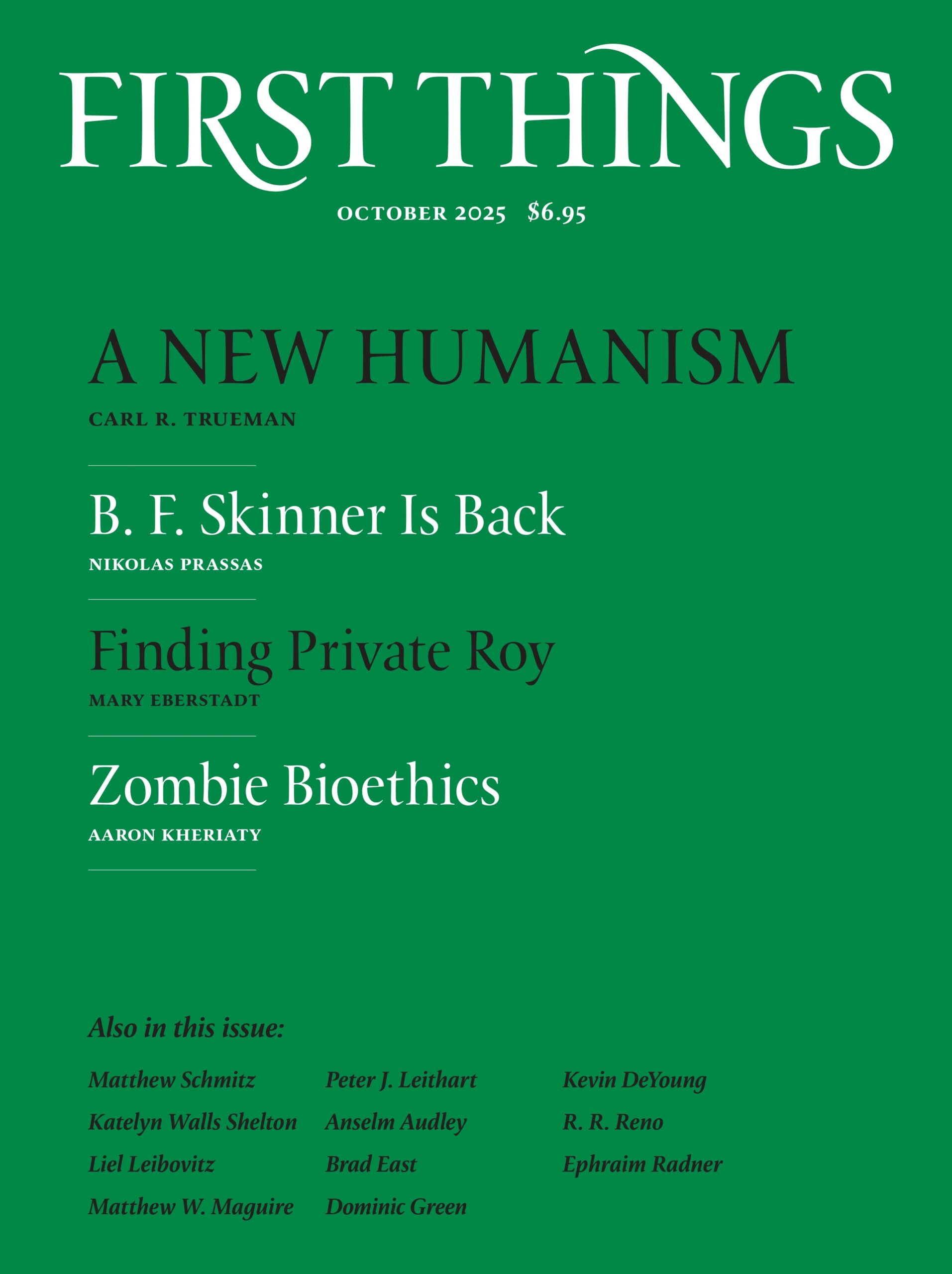
♦ Propaganda: misleading and biased portrayal of facts, often used to inculcate and reinforce an ideology or political cause. A recent New York Times newsletter reported on the Senate vote to rescind $8 billion in funding for foreign aid and $1.1 billion for public broadcasting: “This matters to the aid programs and local news outlets that rely on that money. But it also matters because the Constitution gives Congress the ‘power of the purse’—the power to decide what the government spends. By bowing to Trump’s request, Republicans made the rare choice to cede that power.” Huh? The Senate voted to take this action (51 to 48). The legislative branch ceded nothing. The more accurate description: A majority agreed with Trump. A congressional caucus that agrees with its party leader in the White House is not remotely “rare.” The Times took this line because the newspaper’s editors wish to promote the view that Trump is “violating norms” and threatening to overturn “our democracy.” Propaganda masquerading as a news story.
♦ The Washington State Department of Health has failed to produce its annual report on the number of people choosing doctor-assisted suicide and their reasons for doing so. The state legalized doctor-assisted suicide in 2008 and included the requirement of an annual report to monitor deaths and guard against abuses. The Department of Health cites budgetary constraints as the reason for its failure to produce the report. One wonders whether the death-loving progressive set wishes to keep the reality of this dark practice out of the public eye.
♦ Matthew Crawford on the delicious insanity of super-powered motorcycles (taken from his indispensable Substack, Archedelia):
Buying a motorcycle with over 100 horsepower is kind of like buying a pound of coke. You’re basically saying to yourself, I’m just going to go ahead and be an asshole for the foreseeable future, and see what that’s like. What it is like is that the rest of the world is moving in slow motion, and it is excruciating. The lanes painted on the roads appear acres wide. The enclosed, lumbering objects you share the road with are essentially standing still, and it makes no sense to abide by their rules.
Crawford speaks from experience. After procuring a 120 horsepower Yamaha to replace a much more modest bike, he found the change to be “roughly like going from an Irish donkey cart to something nuclear powered, with the precision of a Swiss watch. The acceleration was nearly hallucinogenic, the cornering scalpel-like.”
From these reveries, which include a day at the racetrack, Crawford muses about the importance of competitive play and the search for distinction in an arena not just of expertise, but also of danger.
♦ On Monday, September 22, Matthew Crawford will deliver our annual lecture in Austin, Texas, co-sponsored by the Center for Christian Studies, our longtime partner in the Lone Star state. His title: “Can Christianity Be Noble?”
♦ On July 17, Danny Kruger gave a speech in the British House of Commons. In his address, the Conservative MP made an arresting statement. “This is a Christian country—if it is a country at all.” The claim is not idle. By Kruger’s reckoning, Great Britain is descending into moral nihilism—manifest in the recent legislation allowing doctor-assisted suicide and abortions in the ninth month—because this truth has been denied.
We are living in a time of choosing, he continues. “We can no longer pretend, as people did in the twentieth century, that we can be neutral or indifferent to God or to the public square being a godless desert. The fact is that the strong gods are back, and we have to choose which god to worship.” A great deal will turn on this choice.
Without faith in the God of Abraham, Isaac, and Jacob, the moral foundations of the West erode. “To worship human rights is to worship fairies,” Kruger warned, “but if we own our story and remember the real sources of our civilization, we can have these things and make them real—real freedom and tolerance and dignity, a culture of love and, crucially, a culture of humanity.” “Owning” involves more than warm talk of “Christian civilization.” It means adherence and worship. “This God is a jealous god—it is him or nothing.” Kruger concludes with an urgent call: “A new restoration is needed now, with a revival of the faith, a recovery of a Christian politics.”
♦ G. K. Chesterton: “A man was meant to be doubtful about himself, but undoubting about the truth; this has been exactly reversed.”
♦ A Pew poll indicates that 74 percent of adults in the U.S. favor banning smartphones from the classroom, a promising sign that people are waking up to the dangers of the 24/7 screen. For an in-depth explanation of why smartphone detox is a very good idea, listen to my interview of Clare Morell, “A Practical Guide to Freeing Kids and Teens from Smartphones.” You can find the podcast on evo.firstthings.com/podcasts.
♦ In this issue, we publish the winners of the Second Annual First Things Poetry Prize. Our first-place winner is T. O. Brandon for his poem, “Madonna and Child (after Giotto).” Second place goes to Brian Brodeur for “Not Versed in Country Things.”
♦ It is my pleasure to announce that we have received special funding sufficient to launch a new literary supplement that will cover books and arts, as well as publishing original creative work. Our poetry editor, Micah Mattix, is heading up this project. We’re calling the journal Portico, and it will appear on a quarterly basis. More details to follow in the months ahead.
♦ The 38th Annual Erasmus Lecture will take place on Monday, November 3 at the Union League Club of New York. This year’s lecturer will be Bishop Erik Varden: “In Praise of Translation.” What is the Christian life if not an embodied translation of the eternal Word?
In conjunction with this year’s Erasmus Lecture, First Things hosts a poetry reading the night before, on Sunday, November 2. This year’s poet will be Ben Myers, a regular contributor in our pages. Beginning at 5 p.m., the reading will take place at the First Things office, 9 East 40th Street. Register online at evo.firstthings.com/events.
♦ Two readers seek to form ROFTers groups in their areas.
Susan M. Wells in Monument, Colorado. To join, get in touch at [email protected].
Brother Connor Bannon, O.F.M, Cap., in Baltimore, Maryland. You can reach him at [email protected].
For the uninitiated, ROFTers stands for Readers of First Things. These groups gather regularly to discuss articles and reviews in the latest issue.
♦ I’d like to welcome Jillian Parks to our editorial team. A graduate of Hillsdale College (’25), Jillian will serve as a First Things junior fellow. Along with Jillian, this fall we will also enjoy the assistance of three interns: Nina Tarpley, Jaclyn Olsen, and Abby Silva. I’m grateful to have these talented young people contributing to our work.
Still Life, Still Sacred
Renaissance painters would use life-sized wooden dolls called manichini to study how drapery folds on the human…
Letters
I am writing not to address any particular article, but rather to register my concern about the…
Briefly Noted
In our world of social media influencers, we are just a click away from seeing twentieth-century social…


